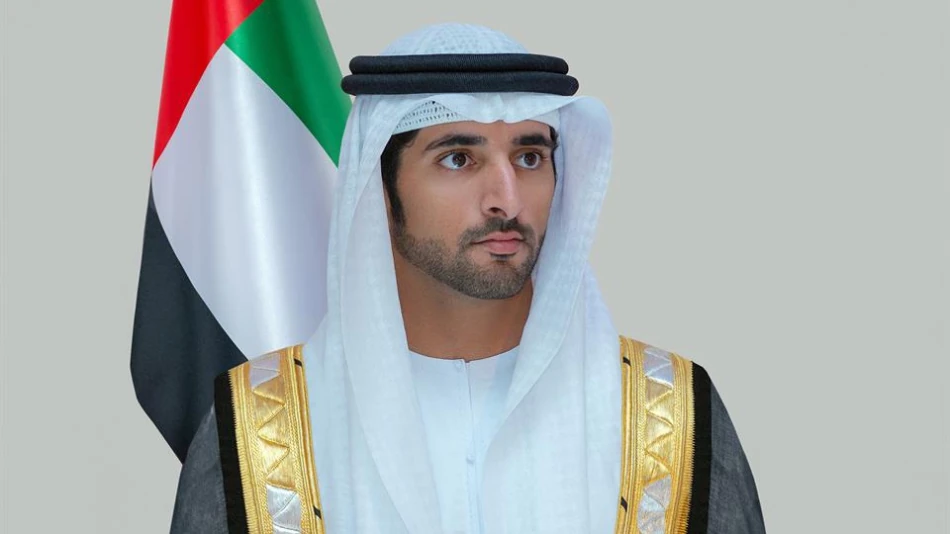
Dubai's Crown Prince Launches 'Dubai Marathon' Initiative to Boost Retail Hubs
Dubai Transforms Shopping Malls into Running Tracks in Bold Public Health Push
Dubai's Crown Prince Sheikh Hamdan bin Mohammed has launched the "Dubai Mallathon," a groundbreaking initiative that converts the emirate's shopping centers into morning fitness tracks throughout August. The program reflects Dubai's increasingly creative approach to public health policy, leveraging the city's iconic air-conditioned retail spaces to combat sedentary lifestyles during the scorching summer months.
A Creative Solution to Climate Challenges
The initiative addresses a fundamental challenge facing Gulf cities: how to maintain active lifestyles when outdoor temperatures regularly exceed 40°C (104°F). By opening shopping malls as exercise venues during morning hours, Dubai has found an innovative workaround that utilizes existing infrastructure while providing climate-controlled environments for physical activity.
Sheikh Hamdan emphasized the program's accessibility, stating that the initiative encourages "all segments of society to adopt a healthy and active lifestyle in comfort and safety." This inclusive approach distinguishes the program from traditional fitness initiatives that often cater to specific demographics or income levels.
Strategic Alignment with Dubai Social Agenda 33
The Mallathon forms part of Dubai Social Agenda 33, the emirate's comprehensive blueprint for enhancing quality of life by 2033. This positioning signals that public health initiatives are now central to Dubai's long-term competitiveness strategy, particularly as the city seeks to attract global talent and maintain its status as a regional hub.
Economic Implications for Retail Sector
The program presents an intriguing economic model for shopping mall operators. While morning hours typically generate minimal retail revenue, the initiative could drive foot traffic, build community engagement, and potentially create new revenue streams through fitness-related services or partnerships with health brands.
Regional Leadership in Urban Wellness
Dubai's approach contrasts sharply with traditional public health strategies in the region. While cities like Riyadh have invested heavily in outdoor sports facilities and Singapore has developed extensive covered walkway networks, Dubai's mall-based solution represents a uniquely pragmatic adaptation to local conditions.
The initiative also reflects broader trends in Gulf urban planning, where governments increasingly recognize that quality of life metrics directly impact economic competitiveness. Saudi Arabia's Vision 2030 and Qatar's National Vision 2030 similarly emphasize wellness and lifestyle factors as economic drivers.
Implementation and Scalability Questions
The program's success will likely depend on participation rates and operational logistics. Converting retail spaces into exercise venues requires coordination between government authorities, mall management, security services, and potentially insurance providers. The August timeline serves as a pilot period that could inform broader implementation.
Key factors for success include: morning accessibility protocols, safety measures for mixed-use spaces, and integration with Dubai's existing fitness infrastructure. The initiative's performance metrics will likely influence similar programs across the UAE and potentially other Gulf Cooperation Council nations.
Broader Implications for Urban Design
The Mallathon concept challenges conventional thinking about single-use infrastructure. If successful, it could inspire more flexible approaches to urban space utilization, particularly in climate-challenged regions where traditional outdoor recreation faces seasonal limitations.
This adaptive reuse model may prove particularly relevant as cities worldwide grapple with changing retail patterns, vacant commercial spaces, and growing emphasis on public health infrastructure. Dubai's experiment could provide a template for other metropolitan areas seeking innovative solutions to similar challenges.
Most Viewed News

 Sara Khaled
Sara Khaled






